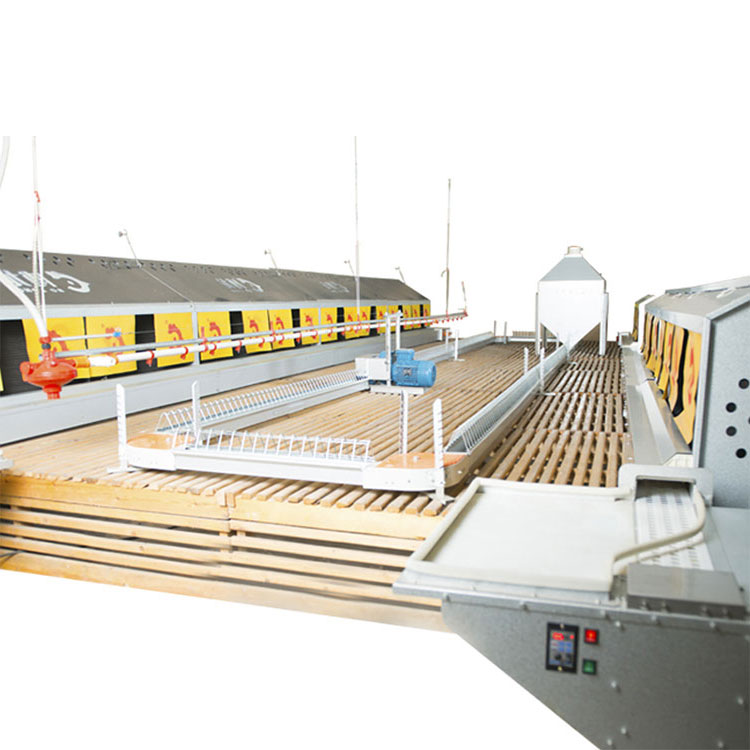The Role of Egg Collection Systems in Biosecurity
Introduction: Biosecurity is a critical aspect of poultry farming, aimed at preventing the spread of diseases. Egg collection systems play a significant role in maintaining biosecurity on farms. This article explores how these systems contribute to biosecurity.

Egg selection automation,
Automated egg collector tool
Reduced Human Contact: Automated egg collection systems minimize human contact with eggs, reducing the risk of disease transmission from farm workers to the flock. This is essential for maintaining a healthy and disease-free environment.
Consistent Cleaning: Many egg collection systems include cleaning mechanisms that ensure eggs are free from contaminants. Consistently clean eggs reduce the risk of spreading pathogens within the farm and to consumers.

Controlled Environment: Automated systems operate in controlled environments, minimizing the exposure of eggs to potential contaminants. This controlled handling ensures that biosecurity protocols are maintained throughout the collection process.
Data Tracking: Advanced systems with data tracking capabilities provide valuable insights into egg production and health trends. This data can help farmers identify potential biosecurity threats and take proactive measures to address them.
Conclusion: Egg collection systems contribute significantly to biosecurity by reducing human contact, ensuring consistent cleaning, maintaining controlled environments, and providing valuable data for monitoring. These measures are essential for preventing disease and ensuring the health of the flock and the quality of the eggs.